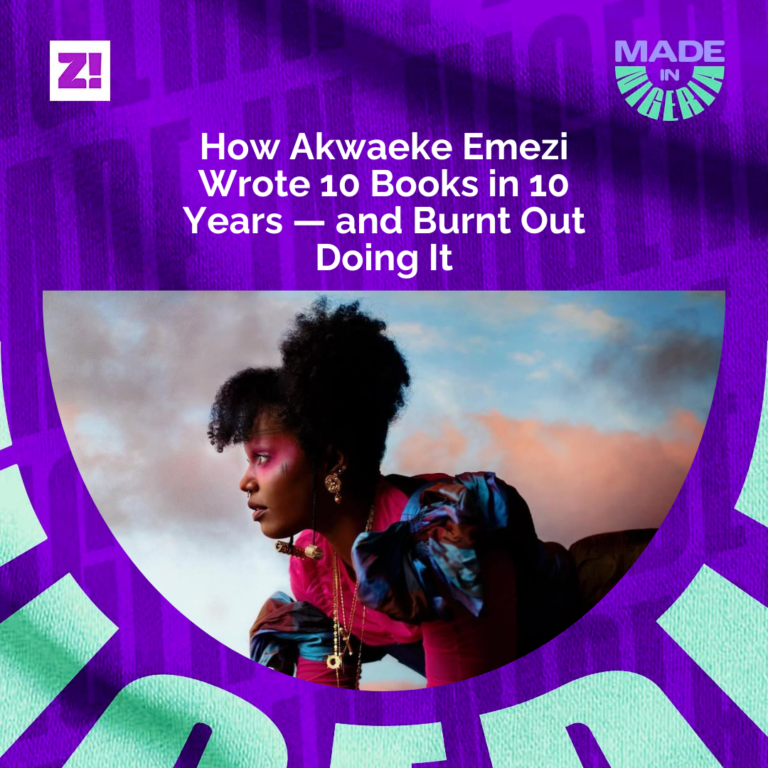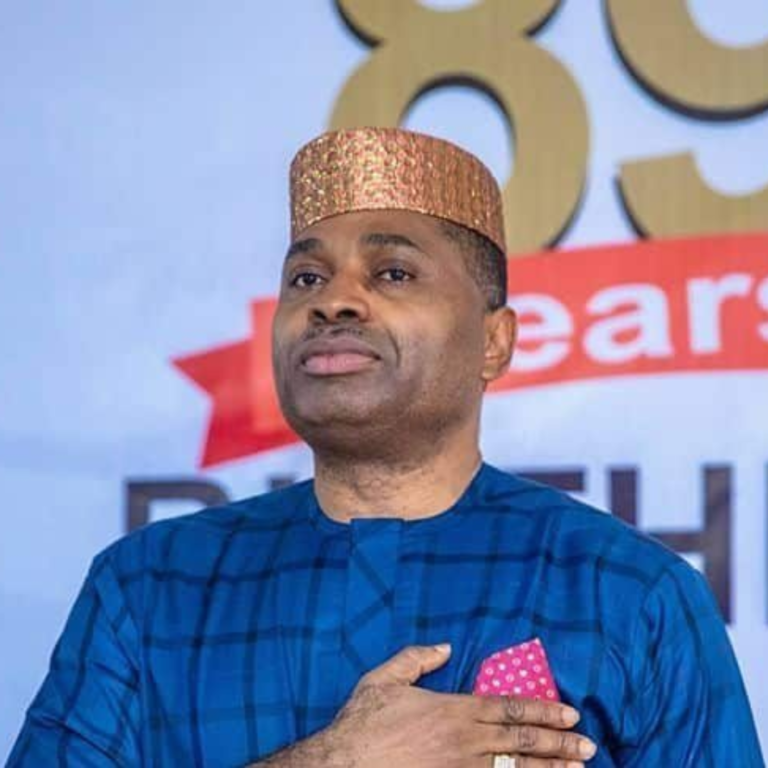Throughout the week beginning November 3, 2024, Nollywood filmmakers, their financiers, and buffs will gather for the Africa International Film Festival (AFRIFF), the biggest film festival on the continent that Chioma Ude has been organising since 2010.
There will be parties, panel sessions, workshops, and, most importantly, film screenings. Kunle Afolayan’s latest Recall and the Wole Soyinka biopic The Man Died, directed by Awam Amkpa, are on the screening schedule.
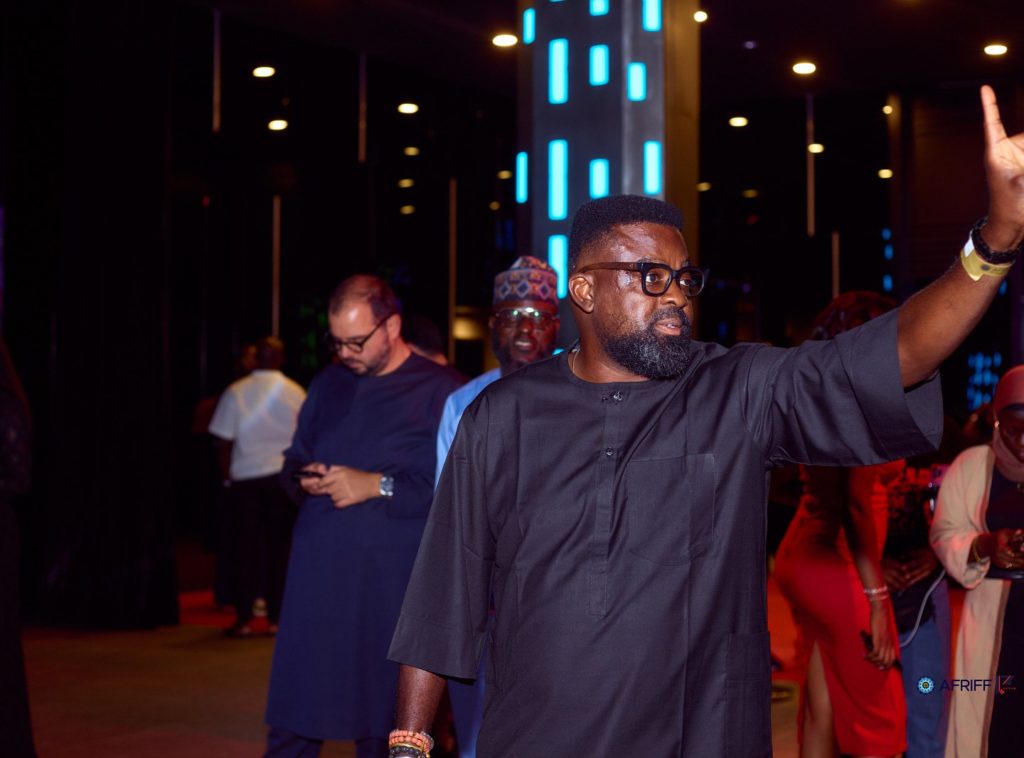
With the arrival of streaming on the continent, Nollywood filmmakers have been pushing hard to recover audiences that left years ago in favour of better-produced big-budget Hollywood content. Bad acting, bad storytelling, and rushed production are some of the indictments that have been levied against this new Nollywood. How does a film festival like AFRIFF push against this narrative and offer a path for the next generation of Nollywood filmmakers?
There have been panels about strengthening the black film industry, celebrating Africa’s rich storytelling, and a series of workshops on storytelling and directing. In a meet-and-greet, Star Wars actor John Boyega debated with Nollywood filmmakers about quality in filmmaking.
“AFRIFF is meant to be a convening point where we have these discussions and meet each other, on the big stage, and with each other. It’s a sounding board,” Isioma Idigbe, the program director for the festival, said. “It is the penultimate platform where African talent can be shown and not only on a national stage but an international stage because this is an international festival.”
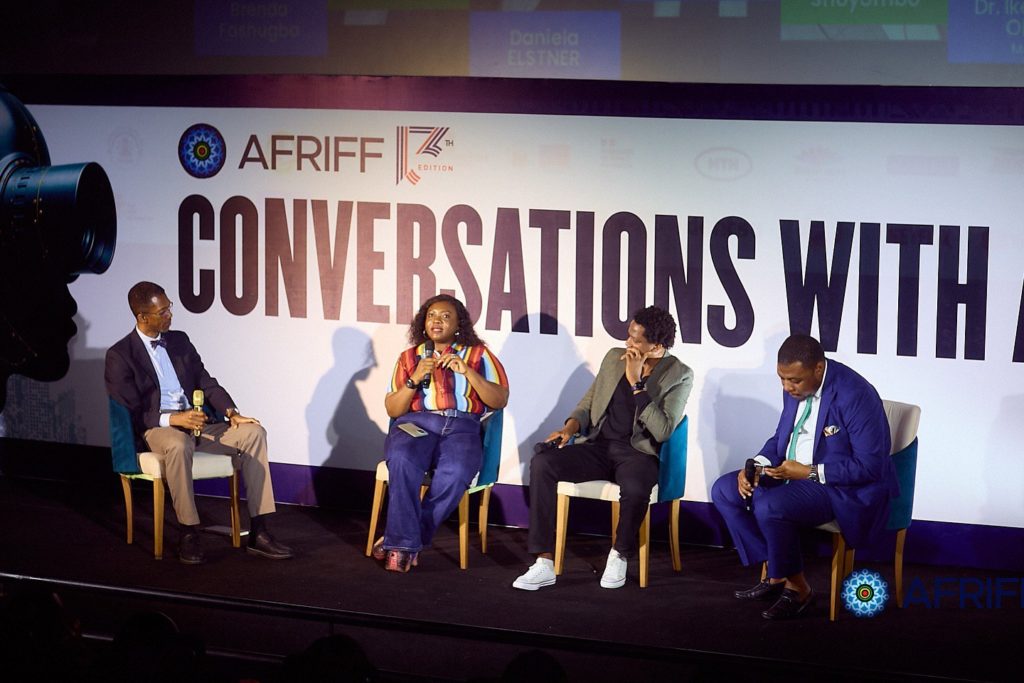
“If you’re trying to solve problems, you first need to talk about them,” Brenda Fashugba, the head of arts at the British Council in Nigeria, said. “You can’t stop talking because that’s when you begin to think about real, practical solutions. We don’t analyse the matter before we start to prescribe solutions, and I feel like this is what these panels do. In a way, we educate people when we’re talking.”
“It’s a good place to network and find films that you might not have seen. You have short films and animation. It’s good to engage with people who are making films,” Segun Adetoro, the producer of The Other Side of the Bridge, which also streamed at AFRIFF, said.
He is also optimistic about how the industry has grown over the years that AFRIFF has held. “If we’re being honest, we’re not where we were, but we’re also not where we want to be in terms of anything in the industry. There are certain things that still need to happen regarding funding and creating an enabling environment,” Adetoro said.
“A lot of actors will tell you they’ve gotten roles from just meeting producers at AFRIFF. A lot of friendships have come out of AFRIFF,” Ojie Imoloame, who is an executive producer of The Other Side of the Bridge, said.
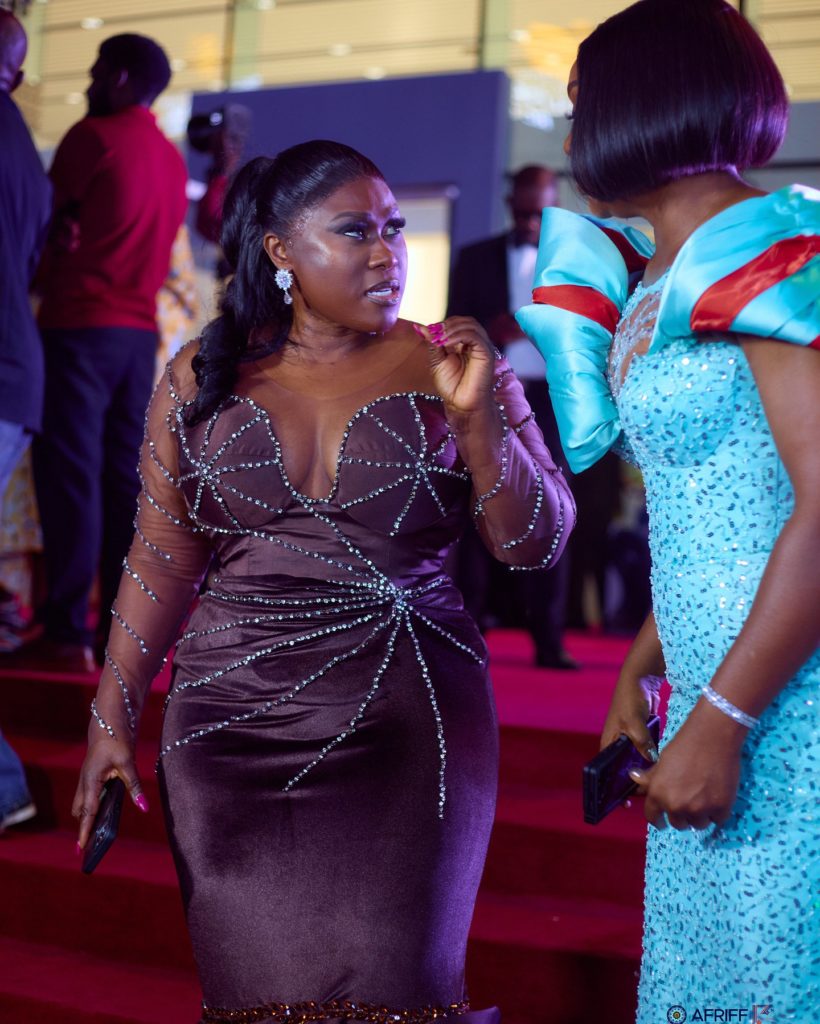
However, the overarching conversation on and off the stage and screening rooms was policy. What policies do the industry need to move forward?
“I’m a bit weary of regulations. I’m more interested in enabling policies, such as tax breaks. A lot of those things happen in terms of discussions, but in terms of action, they get stalled. That’s the kind of enabling environment I want, not the type around the kinds of films that should be made; censor this, censor that,” Adetoro said. “When you do that, you see an industry that is stagnant. We should be able to use film to open people’s minds and tell different kinds of stories.”
“There have been a lot of conversations about more distribution channels, such as television, cinemas, community cinemas, and streamers, for the filmmaker to monetise their content. The government has waived some fees to incentivise community cinemas. However, an independent ministry of culture was created only last year. It will take some time,” Ojie Imoloame said.
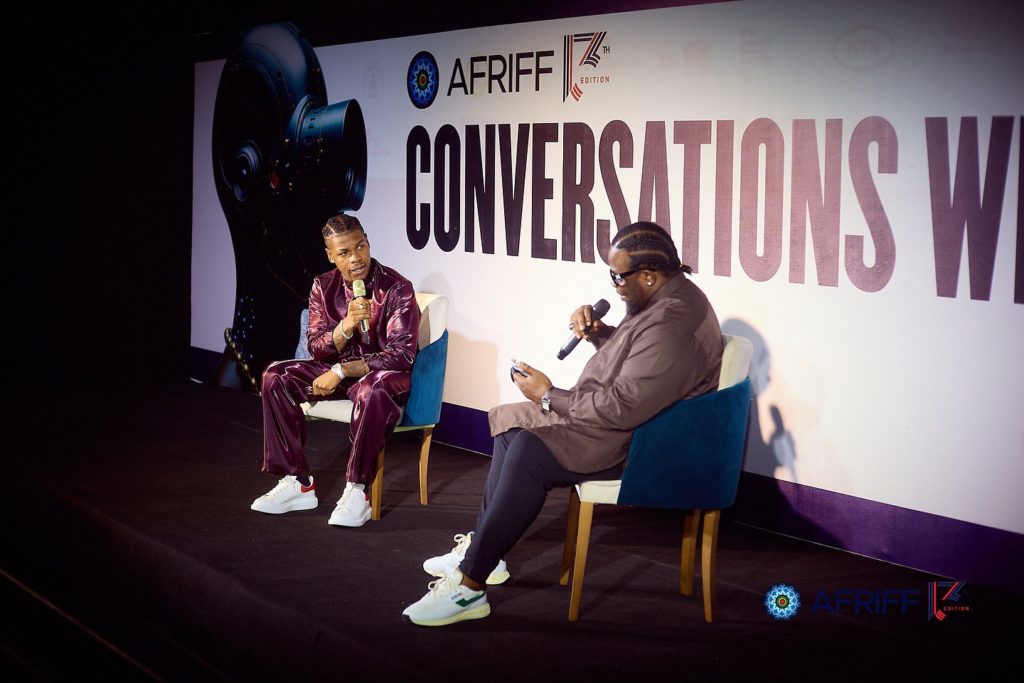
In the meantime, those who can will continue to attend AFRIFF, join panels, watch films, and have conversations. “AFRIFF is doing what it’s supposed to do,” Idigbe said.

